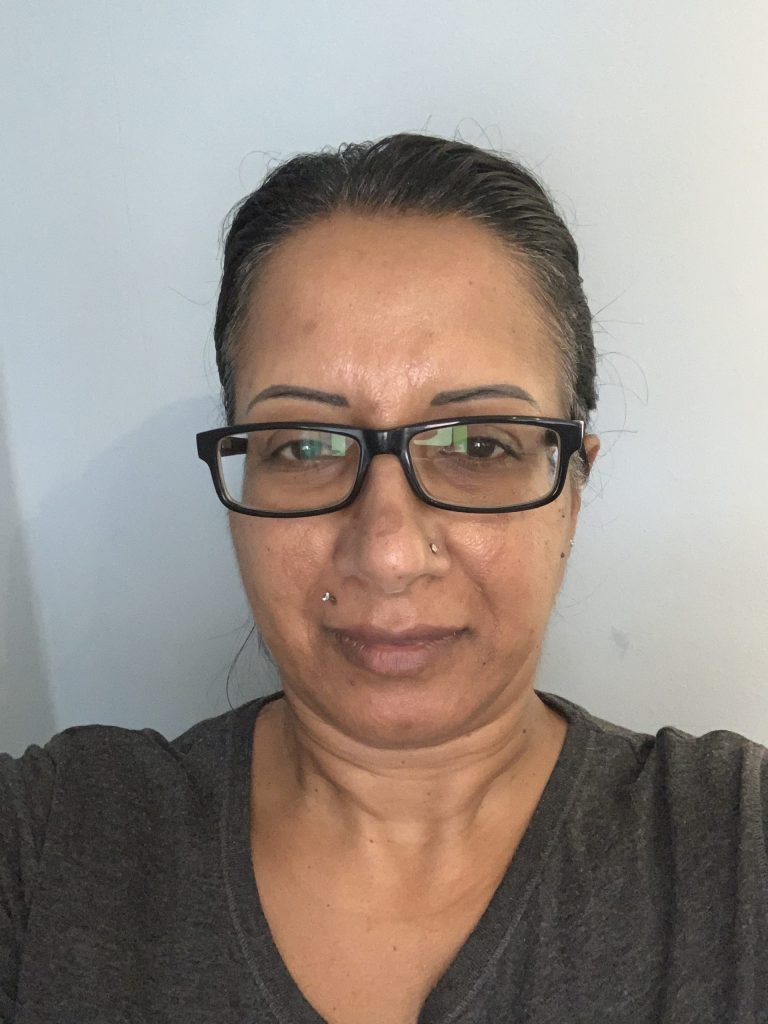
Nottinghamshire’s first PCN-based ‘first responder’ takes a pro-active approach

Byron Primary Care Network (PCN) in Hucknall has recently expanded its multi-disciplinary primary health and social care team with the appointment of Maddi Connelly, Nottinghamshire’s first Primary Care Network Paramedic Advanced Community Practitioner, who started in her new role on 2 November.
With more than 14 years experience as a paramedic for East Midlands Ambulance Service (EMAS), previous roles with a home visiting service based at a GP surgery, and with a First Degree in Health and Social Care, Maddi came into the role well prepared and excited for how she could make a difference.
Byron PCN, which covers Hucknall, has a significant elderly population and a growing number of residential, nursing and care homes, so the new role has been designed to provide face-to-face support for these residents within their community.
Developed in collaboration with the PICS PCN support team, the aim is to support care for complex needs of frail or elderly people within their own home where possible, helping them to live well everyday with long-term and chronic conditions and also meet their regular acute/urgent needs.
Maddi will see new residents to make a whole-life assessment of their needs, including nutrition, medication requirements, mobility and risk of falls and safeguarding issues. She will liaise with patients’ GP to keep them up to date and arrange pathways and assessments for further support and care in the community.
Dr Adam Connor, Clinical Director at Byron PCN, says: “The Paramedic Advanced Community Practitioner role is an integral part of our Primary Care Network offer to our patients and residents, and we’re thrilled to welcome Maddi onboard.
“It’s an important role and part of a holistic approach to care for the complex needs of frail or elderly people in Hucknall. Maddi will work closely with residents, families, care home staff and GP Practice staff to ensure our patients receive quality care to meet their needs and to avoid unnecessary hospital admissions.”
Maddi says: “I’ll see residents of care homes regularly on my ward rounds, which I’ll do every couple of weeks, so I’ll become a familiar face and I’ll get to know the patients. I’m medically trained, so I understand their conditions and I’ll be able to see how they are on a good day. I’ll be able to make a medical assessment of a patient, how they’re responding to treatment, whether they’re improving or deteriorating, and put them on the right care pathway.
“I understand medicines so I can call the GP to get advice and manage a prescription referral. I can also make referrals to the Occupational Therapist instead of the patient needing to see the GP first. And I can see if someone needs to go to hospital and care for them while that happens.”
“It’s me that they’ll know – I’m a friendly face who they’ll be aware of. Seeing the same person all the time is really important for a lot of people, and particularly with people living with dementia.”
Maddi’s role will also offer advice and support for patients and their carers to adopt self-management strategies for their own health and wellbeing, and because she’ll know who they are and about their support network, this advice will be tailored and supported with regular check-ups to ensure progress, rather than deterioration.
Maddi’s extensive induction involves visiting the care homes and accompanying practitioners as they see their patients. She’ll be learning where she can take pressure away from GPs, hospitals, Pharmacists and District Nurses, while enhancing the whole-life care experience of the patient.
Maddi explains: “I’ve got ideas for what I want to do, but first I need to get to know the community pathways and the people who provide social and health care within the PCN so I can learn what support I can bring in to a patient’s care plan.
“It’s also a two-way relationship with practitioners; I need to support them and fit into their established routines and relationships with their residents and patients, particularly colleagues in the care homes.
“Then, as care home staff, GPs, nurses, phlebotomists, dieticians, therapists, practice staff and social prescribers get to know me, they can also refer patients to me when they need my expertise. For example, Occupational Therapists will sometimes see a medical need and would usually refer the patient back to their GP, but now they can bring me in. It’s about building trust with everyone. The more I see and the more I learn, the more I can help and advise.”
Maddi looks for challenges in her career, explaining: “I’ve always wanted a bit more of a challenge throughout my career. I spent 22 years with EMAS, where I started out as an admin assistant and worked through the ranks. I trained as a technician, and then I trained again and became a paramedic in 2006.
“A lot has changed since I first became a paramedic – it’s not all emergency work like it used to be. There is more social work involved, so EMAS supported me to go back to university for a BSc in Health and Social Care and I spent some time doing home visiting in Derby, where I learnt about how GP Practices work.
“My last role at EMAS was phone triage, where I learned to make assessments over the phone. When I heard about this role, I was missing face-to-face contact with patients and was ready to do something different.
“It was a challenge to leave EMAS after all that time, but I found this role really interesting. I wasn’t daunted by the scope of it, because I have the experience and I knew that I could do it. It’s also exciting, because if it takes off it can be rolled out further. The opportunity was there, so I thought why not take it?”